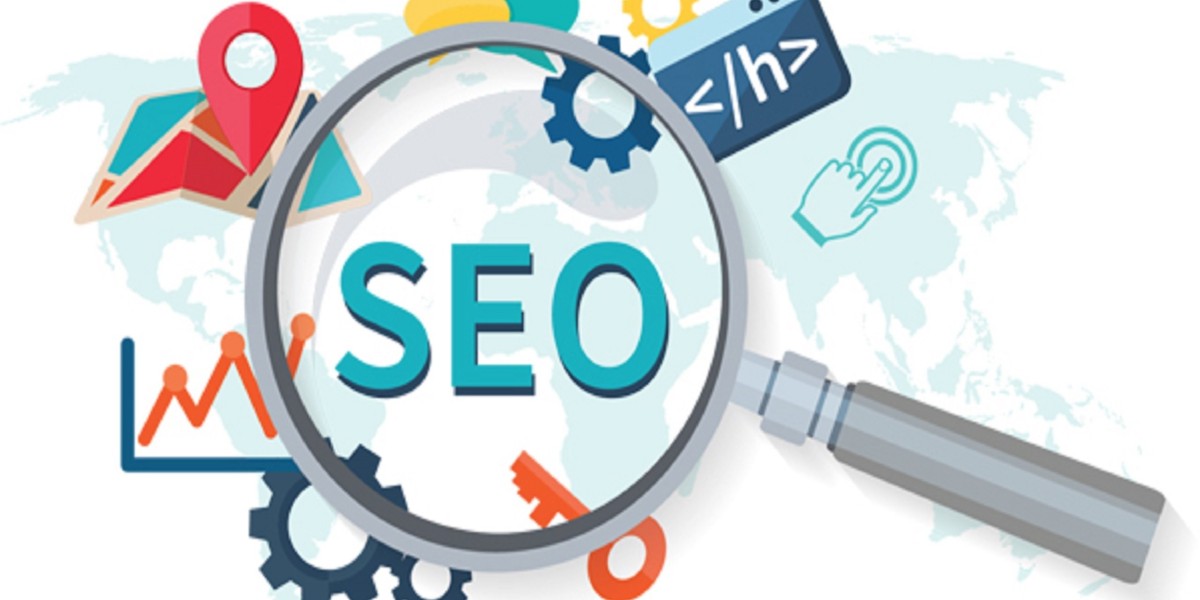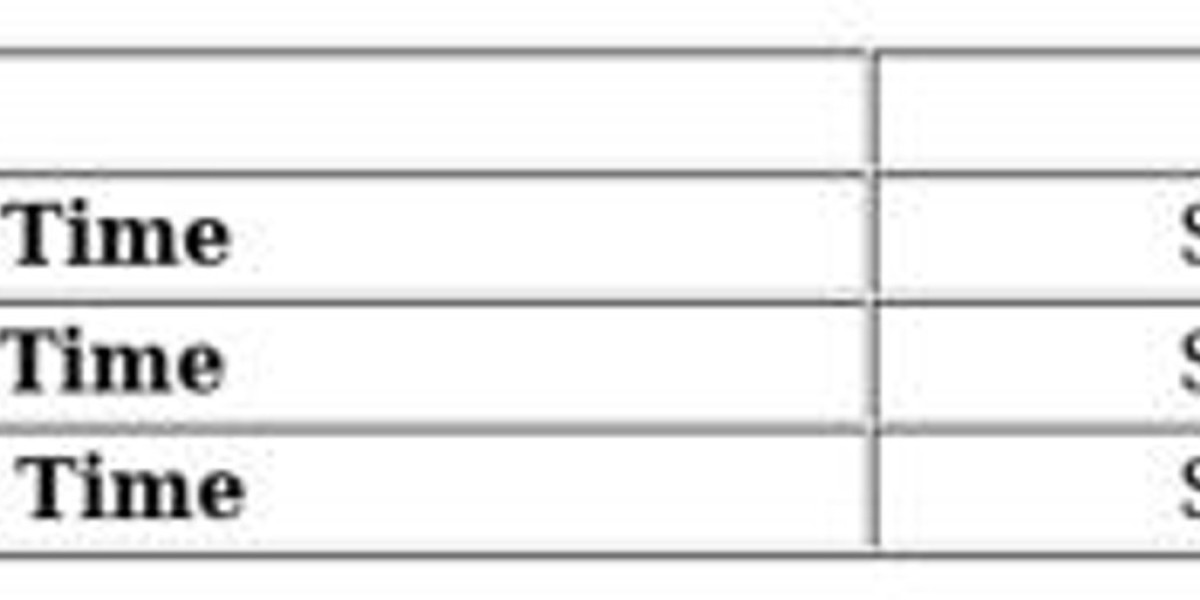In the competitive digital landscape of 2025, Search Engine Optimization (SEO) remains one of the most cost-effective and powerful strategies to improve visibility, attract organic traffic, and increase conversions. Whether you're a small business, e-commerce site, or content creator, investing in professional SEO services—especially on-page SEO—can significantly boost your rankings on search engines like Google, Bing, and Yahoo.
This article breaks down what SEO services include, the importance of on-page SEO, and how they work together to improve your website’s performance.
What Are SEO Services?
SEO services are professional strategies provided by SEO experts or agencies to help websites rank higher in search engine results pages (SERPs). These services can be divided into three main categories:
On-Page SEO
Optimizing individual web pages for search engines and users.
Off-Page SEO
Building authority through backlinks, social signals, and external brand mentions.
Technical SEO
Improving backend elements like website speed, mobile responsiveness, structured data, and crawlability.
What Is On-Page SEO?
On-page SEO refers to the practice of optimizing content and HTML source code of individual web pages to improve their search rankings and visibility.
Key Elements of On-Page SEO:
Title Tags: Clear, keyword-rich, and unique for each page
Meta Descriptions: Enticing summaries to increase click-through rates
Header Tags (H1, H2, H3): Organize content for readability and structure
Keyword Optimization: Naturally include relevant keywords and variations
Image Alt Text: Descriptive image tags for SEO and accessibility
Internal Linking: Connect related pages to improve user flow and SEO
URL Structure: Clean, keyword-rich URLs that reflect page content
Content Quality: Informative, original, and engaging content that satisfies user intent
Mobile-Friendliness: Responsive design that works across devices
Page Speed: Fast-loading pages improve user experience and rankings
Benefits of Professional SEO & On-Page Optimization
Higher Rankings: Appear at the top of SERPs for relevant queries
Increased Traffic: More visitors from organic search
Better Conversions: SEO-optimized pages lead to better engagement and sales
Cost-Effective Marketing: Long-term ROI compared to paid ads
Mobile Optimization: Capture traffic from mobile users
Improved User Experience: Faster, better-structured websites retain visitors
How SEO Services Work (Process Overview)
Website Audit – Identifying existing issues and opportunities
Keyword Research – Finding terms your audience is searching for
Competitor Analysis – Studying what’s working in your industry
On-Page Optimization – Fixing and improving on-site elements
Content Strategy – Creating SEO-friendly blog posts, pages, or landing pages
Technical Improvements – Enhancing speed, mobile usability, etc.
Ongoing Monitoring – Tracking performance and making adjustments
Reporting – Monthly or weekly reports on rankings, traffic, and actions taken
Conclusion
In 2025, SEO is no longer optional—it's essential. With constant changes in search engine algorithms and increasing competition online, partnering with an expert for SEO services, particularly on-page SEO, can be the key to digital success. Whether you're launching a new site or looking to boost your existing presence, optimizing your pages properly is a foundational step in growing your traffic, improving your authority, and ultimately increasing revenue.
Frequently Asked Questions (FAQs) – SEO Services & On-Page SEO
What is the difference between on-page and off-page SEO?
On-page SEO involves optimizing your actual website—content, titles, tags, images, structure, etc.
Off-page SEO focuses on external signals like backlinks, social media, and online reputation.
. How long does SEO take to show results?
SEO is a long-term strategy. You may start seeing noticeable improvements in 3 to 6 months, but significant results typically come after 6 to 12 months, depending on competition and industry.
What tools are used in on-page SEO?
Common on-page SEO tools include:
Google Search Console
Yoast SEO (for WordPress)
Ahrefs
SEMrush
Screaming Frog
PageSpeed Insights
SurferSEO or Clearscope for content optimization
Is it necessary to hire an SEO agency?
Not always. If you have the time and knowledge, you can handle basic SEO in-house. However, hiring an agency can bring expertise, advanced tools, consistent monitoring, and faster results—especially for competitive industries.
Can SEO improve sales?
Absolutely. SEO drives targeted traffic—people who are actively searching for your product or service. This increases the chances of conversions and leads to a higher return on investment over time.







